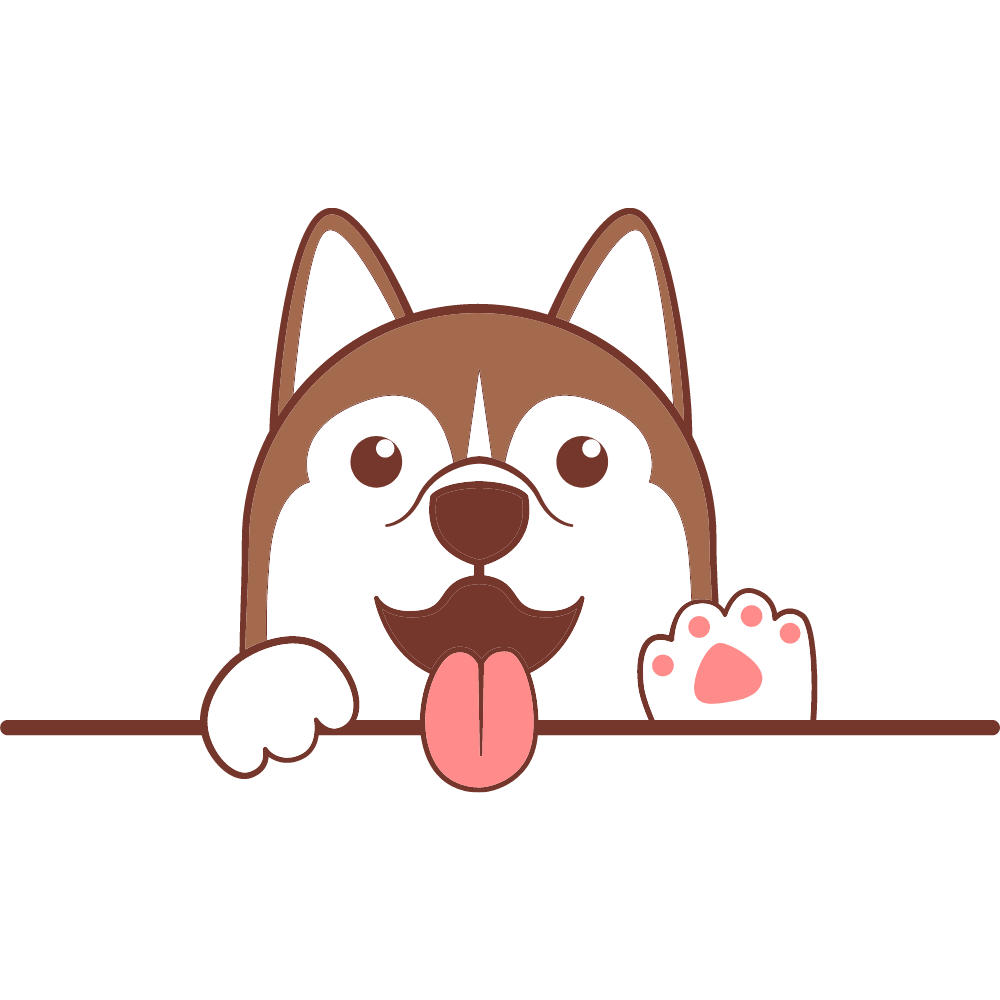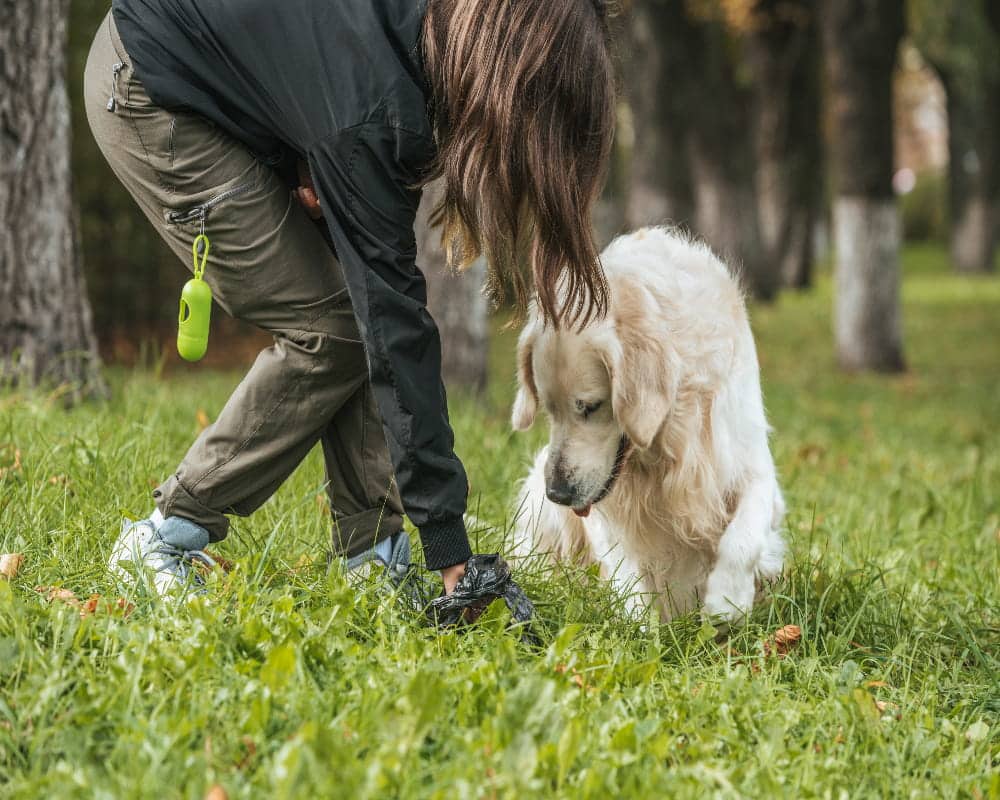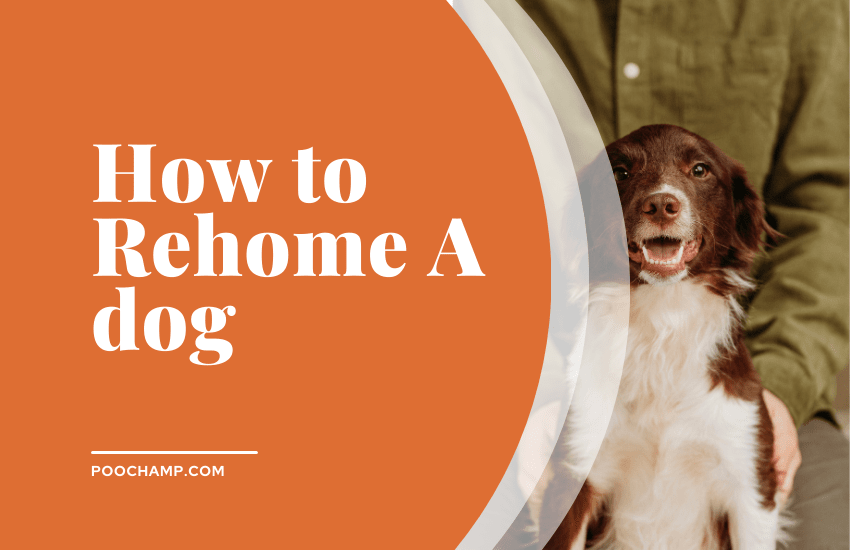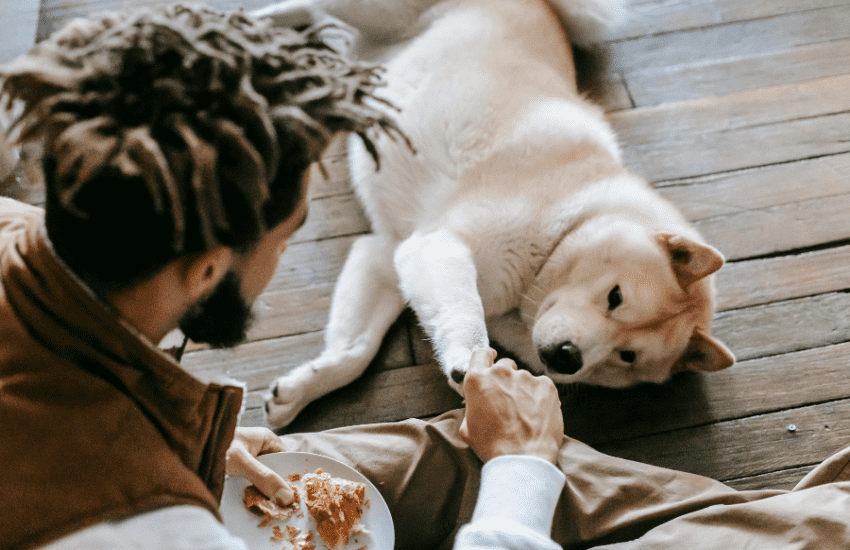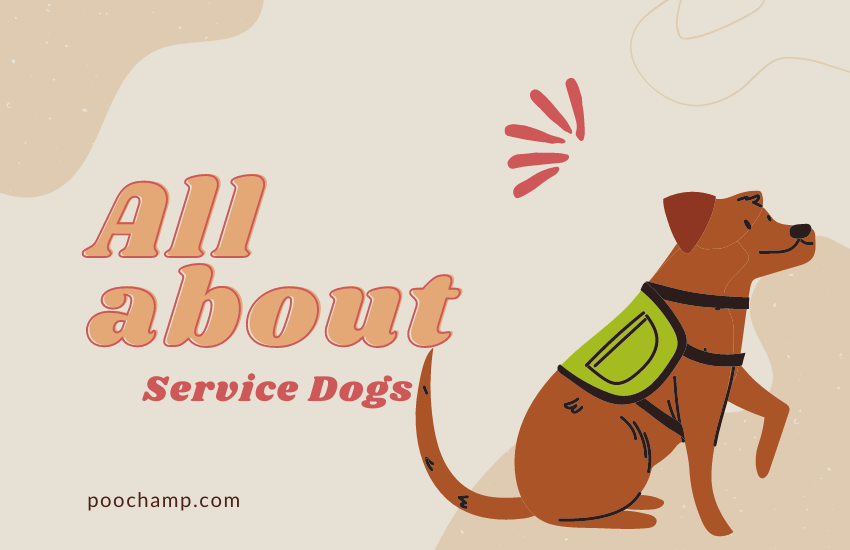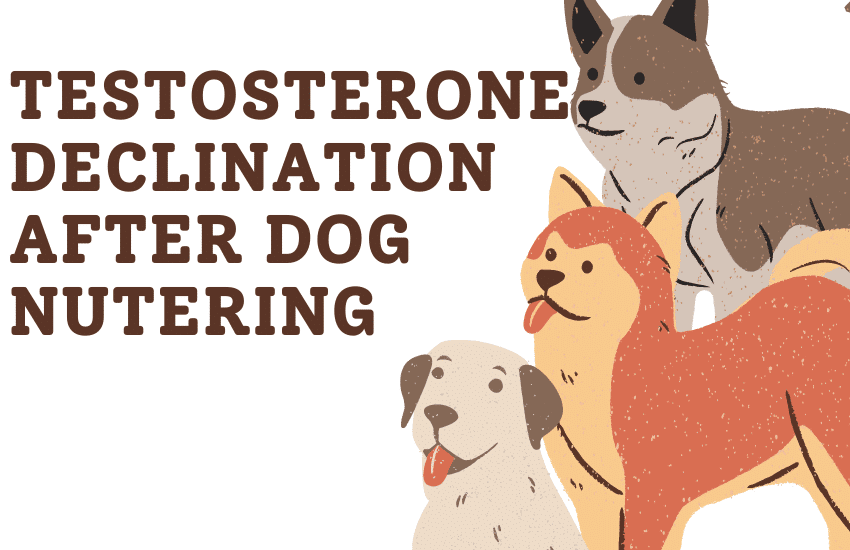Before knowing how to make your constipated dog poop quickly, we have to address the reasons as Many people think that constipated dogs have a hard time going because of the nature of their bowel movements. But constipation can be caused by many things, including eating a poor diet or not getting enough exercise. There are many different ways to treat constipation in dogs, and most involve a combination of medication and diet changes.
10 signs that your dog might be constipated.
Are you noticing that your dog is having more accidents? Is he looking bloated and uncomfortable? Maybe he’s licking his butt or having trouble going to the bathroom. If so, your dog may be constipated. Here are some common constipation symptoms in dogs:
• Increased frequency of accidents (especially in younger dogs).
When dogs are constipated, their intestines cannot move properly, leading to abnormal movements and accidents. Based on a study published in the journal “Veterinary Record,” accidents have increased when dogs are constipated. The study found that compared to dogs who were not constipated, those who were constipated were five times more likely to be involved in an accident.
• straining at bowel movements.
Dogs suffer from constipation just like people do. Dogs are even susceptible to the disease at a younger age than humans. A dog’s colon is not as well developed as a human’s, so their stool can become impacted and difficult to pass. When this happens, dogs will strain at their bowel movements and may even cry out in pain.
• Your dog is constantly begging for a bathroom break.
Dogs constantly beg for a bathroom break when they are constipated. They whine and pull on their leash, trying to get away from their human to go to the bathroom. But most of the time, humans don’t listen. We think our dogs are just being lazy when they beg for a bathroom break, but in reality, they are just trying to tell us something is wrong.
When dogs are constipated, their Poop becomes stuck in their intestines. This causes them to feel terrible and desperate for a bathroom break. If we don’t give them one soon, they may start to soil themselves or become sick. We must listen to our dogs and provide them with a bathroom break when needed.
• They have difficulty walking or moving around.
Based on a published study in the journal “Neurology,” dogs have difficulty walking or moving around when constipated. The study found that when dogs are constipated, their muscles become weak, and they have trouble keeping their balance.
• lethargy
When dogs are lethargic, they may not feel well and may be reluctant to move or interact with people or other animals. Visiting the veterinarian is essential if your dog seems sluggish or unwilling to do anything.
• Their Poop contains more than one type of feces (i.e., both clay and hard fecal pellets).
There is waste from the intestines and pieces of food that have not been digested. This mix can create a hard blockage in the dog’s intestine, leading to constipation.
• Their Poop is soft with few seeds or challenging to pick up.
• If there is blood in their stool
• abdominal discomfort
• poor appetite
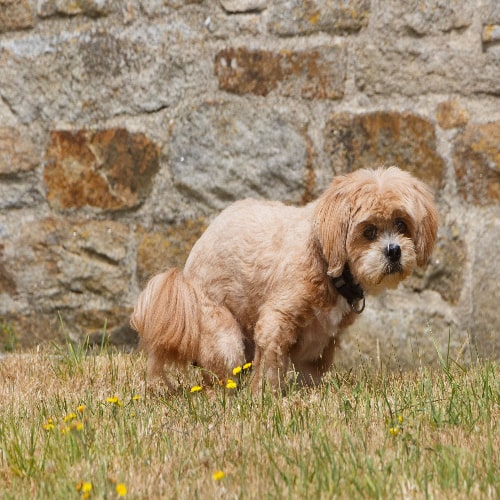
Some tips on how to make your constipated dog poop quickly.
If your dog is constipated, there are a few things you can do to help them poop quickly. Follow these instructions, and your dog will be pooping like a champ in no time!
1- Diet.
Diet plays a vital role in how to make your dog Poop quickly. A diet high in fiber and without processed foods can help to ease regular bowel movements. Additionally, adding probiotics to your dog’s diet can help encourage the growth of healthy bacteria, which can help break down waste products and promote regularity.
Here are some great foods to consider adding to your constipated dog’s diet:
Fresh fruit and vegetables.
If you have a constipated dog, adding fresh fruit and vegetables to their diet can help them poop more quickly. This is because these foods are high in fiber, which helps move the bowels. Fiber-rich vegetables, such as broccoli and cabbage, are great to be added to your dog’s diet. Additionally, adding these items to your dog’s food will give them the necessary vitamins and minerals to function correctly. Try serving your dog a salad or vegetable stir-fry instead of his regular kibble.
Canned pumpkin.
it is a great way to help your constipated dog Poop quickly. Canned pumpkin is tasty and gives them the energy they need to move. It helps to soften things up, and it also has natural laxatives in it
Mix a tablespoon of canned pumpkin with enough water to make a paste, and give it to your dog as a treat. If you have trouble getting your dog to eat their regular diet, offering them canned pumpkin, in addition, can help speed up their digestion and help them Poop quicker!
butternut squash.
Butternut squash is a natural way to help your constipated dog Poop quickly. The fiber in butternut squash helps move the feces through your dog’s intestines more quickly, which can help relieve constipation.
Whole grains.
Whole grains like brown rice or oatmeal are a good source of fiber to add to your dog’s diet.
apple cider vinegar.
Apple cider vinegar has been used traditionally in many cultures as a treatment for constipation and other medical issues. Apple cider vinegar is very effective and stimulates the intestines to move more feces. This occurs because the acetic acid in apple cider vinegar breaks down into hydrogen and carbon dioxide gas. These gases cause contractions in the intestines, which helps move waste through the body quickly.
Fresh Ginger.
it is a natural remedy that can help relieve constipation in dogs. It is a good option if other treatments have failed or your dog doesn’t respond well to other medications. Before giving ginger to your dog, discuss its use with your veterinarian. Ginger can cause some mild side effects in some animals but are usually manageable.
fiber supplements.
Many dietary fiber supplements on the market claim to help make your constipated dog Poop quickly. However, some of these supplements may not be safe for your pet and may even have dangerous side effects. The best dietary fiber supplements for constipation in dogs are those that are low in digestibility and high in insoluble fiber. These supplements work by adding bulk to your dog’s stool and helping move it through its digestive system more quickly.
Probiotics supplements.
Another excellent option for relieving constipation is to give your dog probiotics. These supplements help keep the gut healthy by promoting the growth of good bacteria. Choose a high-quality brand that has been specifically designed for pets.
2- Increase water intake.
If your dog isn’t drinking enough water, it may not have enough liquid to help stool pass through its system. Give them plenty of fresh water daily, and ensure they have plenty of clean litter to go when needed.
3- Incorporate exercise into their daily routine.
Constipated dogs can struggle to poop quickly and efficiently. For many, exercise is an integral part of the equation to help get their dogs moving and relieve themselves naturally.
Start slowly introducing exercise into their day. Make sure your dog gets some good physical activity every day, even if it’s just a little bit – even just a couple minutes of brisk walking or playing fetch will help them move their bowels more quickly.
herbs for constipation relief in dogs.
Some herbs can be used to relieve constipation in dogs. These herbs act as both a stimulant and a laxative, so they will work best if given in smaller doses over a while. Herbs commonly used to treat constipation in dogs include ginger, cascara sagrada bark, dandelion root, and licorice root.
Giving these herbs in small doses and monitoring the dog’s hydration levels while using them is essential, as over-the-counter laxatives can cause dehydration.
When choosing safe herbs and seeds to relieve constipation in dogs, it is essential to consider their diet and other health conditions. Here are some other herbs and seeds to consider:
1-Buckthorn berries: Buckthorn is a common ingredient in dog constipation remedies because it contains silica, which helps to dissolve fecal matter. It can also help reduce inflammation and colon pain.
2-Fennel seeds: Fennel is another common remedy for constipation because it helps break down food in the intestine. Additionally, fennel is a potent anti-inflammatory agent that can help reduce pain throughout the body.
Tips for home remedies.
Give your dog a soothing massage.
A gentle belly rub can often help make matters right and get your dog pooping quickly and easily. Here are some tips for giving your constipated dog a belly massage:
1) Be patient – don’t force your dog to take in any stool immediately. Let them relax and enjoy the gentle massage.
2) Use plenty of oil – massage oils like lavender or peppermint can work well because they are soothing and help promote relaxation.
3) Work on all areas of the belly – massaging around the navel, lower back, and sides can help stimulate Bowel movements.
The ice cube method.
You can stimulate your dog’s bowl movement by gently making circle motions around his anus or placing an ice cube. This method requires patience, as you may repeat it till your dog poops.
How to Give Your Dog Medication to Help Make Poop Quickly.
Dogs can be given A few different medications to help them poop more quickly. Some of the most common medications to relieve dogs’ constipation are:
1-Loperamide and Miralax.
Both of these medications work by constricting the bowel, which will then cause the dog to defecate more quickly. Loperamide is a medication marketed specifically for dogs, while Miralax is also available for humans. Miralax comes in tablet form and must be taken with food. Loperamide can be given orally or as a sublingual tablet, and it usually takes about two hours for the drug to take effect and help your dog poop.
It is important to note that these medications should only be used as a last option, as they can have some side effects, including nausea and vomiting.
2-Laxatives and stool softeners.
Laxatives work by enlarging the size of the poo, which in turn makes it easier for your dog to defecate. Stool softeners also help soften the stool, making it easier for your dog to pass.
Some of the most commonly used laxatives for dogs include senna, dandelion root, and aloe vera gel.
Should I give my dog Laxative as a preventive way?
Dr. Jennifer Coates, an emergency vet at the Animal Medical Center of New York in Westchester County said “Most veterinarians recommend giving dogs one or two small doses of a laxative every few weeks,”. “The doses should be small enough so that the animal doesn’t become constipated but large enough so that the stool does move.” She said that a good rule of thumb is to give the dog its first dose in the morning and its last dose at night.
3-Fluid injection (Enema).
Enemas or Clysters are an effective way to relieve constipation in dogs. The enema is administered through the rectum, and the fluid enters the dog’s lower bowel. Clysters are most commonly used to treat dogs with chronic constipation but can also treat acute constipation.
Some cautions should be taken before using a clyster, including ensuring that the dog is calm and comfortable and that there is no other medical problem that might require treatment with a clyster.
You should consult your vet first and don’t attempt to use it at home as it may cause problems for your dog.
How long can dogs stay without pooping?
Dogs go for long periods without pooping, but there are limits, as with anything in life. The average dog can go about two days without pooping if well-rested and eating a good diet. However, some dogs have been known to go for weeks without pooping! Some dogs will only poop when needed, and others poop every few hours. There is no right or wrong answer. It just depends on your dog’s personality and how often they poop.
If your dog is underweight or has an underlying health issue, it may not be able to last that long. Also, if your dog is constantly anxious or stressed out, it may defecate more frequently. If you notice that your dog has a bad odor or has diarrhea, it’s time to take them to the vet.
Possible causes of constipation in dogs.
Irregularity in your dog’s diet.
The regularity of your dog’s diet is one of the most critical factors in its overall health. A study published in the journal Veterinary Record found that constipation was dogs’ most common health problem. Two thousand cases of constipation were researched, and it was discovered that irregularity in a dog’s diet was a significant contributor.
Feeding your dog an inconsistent diet can lead to digestive problems like constipation. Dogs typically digest food quickly and thoroughly when eaten in an organized form.
When food is not digested correctly, it can get stuck in the intestines and cause constipation. This can be especially problematic for dogs prone to this condition because their intestines may not handle the extra waste.
Eating excessive amounts of Fiber.
Dogs who eat excessive amounts of fiber can develop constipation. Fibre is essential for dogs because it helps to keep their digestive system moving, but too much can lead to problems. In dogs, constipation is a common problem and can lead to other health problems, such as obesity.
Dogs who eat a lot of fiber may not have enough to use for energy, which can make them lethargic and inactive. There are several ways to help prevent constipation in dogs, feed them smaller meals more often than one large meal, give them water and treats throughout the day so they’re constantly stimulated, and add fiber supplements to their diets.
fibre-poor diet.
Dogs naturally adapt to a fiber-rich diet but may develop constipation if their diet is low in fiber. Some factors, including a lack of exercise, obesity, and age, can cause this. A dog’s natural gut flora is vital in maintaining a healthy digestive function.
Too little fiber, excessive processed food, or insufficient water can lead to constipation. By adopting a healthy diet with plenty of fiber, your dog can maintain good bowel function and avoid developing constipation.
Matted fur.
Many dog owners might not know that extremely matted fur can lead to constipation in their furry friend. The problem is that when hair is tightly packed, it is difficult for the dog to move around and extract feces from its rectum. This can lead to a build-up of fecal matter, which can cause constipation.
If left untreated, this issue can worsen over time, leading to other problems, such as diarrhea. So if you notice your dog has trouble passing urine or poops often, don’t hesitate to seek help from a veterinarian. Many treatments available will help your pet get back on track.
Anal gland problems.
Anal gland problems can lead to constipation in dogs—the two most common causes of anal gland problems are overgrowth and tumors. When the anal glands become infected, they produce large amounts of toxins that can cause constipation.
Tumors can also cause constipation by obstructing the anal canal, preventing waste from passing through properly. If left untreated, these issues can cause chronic constipation in your dog.
Eating large objects.
When you think about what your dog eats, you may not think about what they are swallowing. While most of the time, your dog’s food is uncontaminated, there are times when foreign objects can get mixed in and cause digestive problems. Here are the ways eating foreign objects can lead to constipation in dogs:
1) Foreign bodies can get stuck in the intestine, leading to blockages and constipation.
2) Eating something too large or complex to pass can create pain and obstruction.
3) In extreme cases, a foreign object may perforate the intestines, causing life-threatening complications.
consequences of constipation in dogs if not treated.
Dogs with constipation often have difficulty passing stool and can experience reduced appetite, decreased energy levels, and an overall feeling of unwellness.
If left untreated, constipation can cause more severe health problems in dogs, such as impaired bowel function, intestinal blockage, and even rectal prolapse. Constipation is usually treated with a combination of dietary changes and medication, but if the condition persists or worsens, it may be necessary to seek veterinary help.
See a veterinarian for treatment if your dog is exhibiting signs of constipation. A variety of remedies are available, and most times, your dog will return to regular activity within a few days. If constipation persists or your dog develops complications such as straining to defecate, you may need to take him to the vet for further evaluation and treatment.

